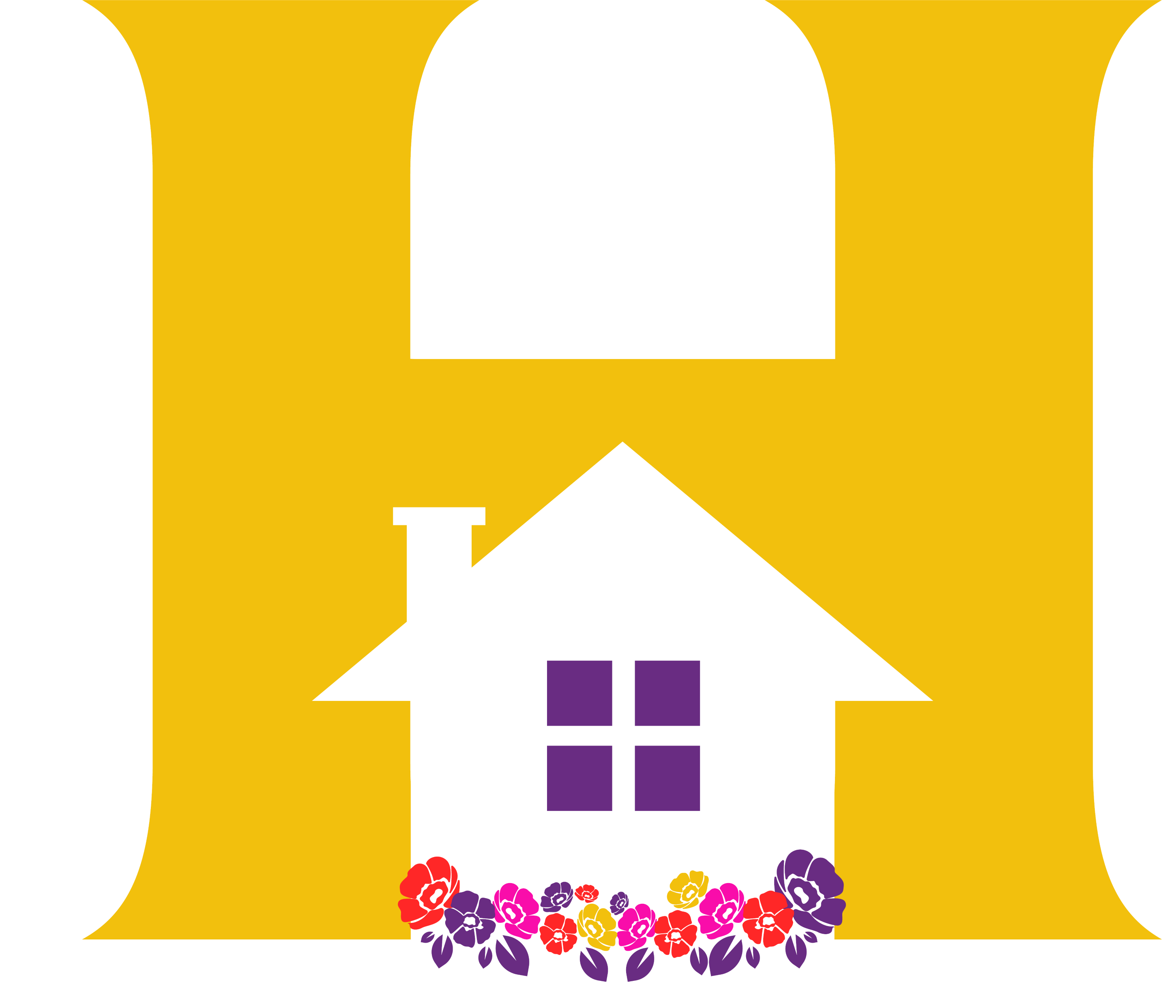Domestic violence is a senseless and vicious crime; sadly, it is extremely common, and many victims do not receive help in time. Such abuse includes stalking, physical, verbal, emotional, and sexual abuse-none of which anyone should ever experience. If you know someone who is being abused, you may wonder how to help.
According to the National Coalition Against Domestic Violence (NCADV), more than 10 million people are victims of physical abuse each year. This means that 20 or more people are physically abused every minute of the day, whether they are boyfriends, girlfriends, spouses, or partners. 1 in 4 women and 1 in 9 men will experience physical abuse from a partner, which includes slapping, kicking, shoving, and pushing.

Do You Know Someone Who is Being Abused?
Here are a few ways that you can help yourself or someone you know get out of a toxic relationship. Besides letting the abused individual know that you want to help them, remember that they may feel scared, embarrassed, guilty, or ashamed, and that they might blame themselves for the abuse. However, by letting them know that you are willing to support them, they can feel encouraged to speak to someone about their situation.
You should advise them to reach out to the National Domestic Violence Hotline at 1800-799-SAFE (7233). Pointing them to your local Victims Assistance Network will also allow them to find professionals trained to assist victims of domestic violence.
Have a Safety Plan
Being in an abusive relationship is not easy for the victim, and they may not want to leave the abuser. There can be many reasons why they do not want to leave, including:
- Fear for their safety
- Children are involved
- They love their abuser
- Financial security
- Belief that the abuser will change
Regardless of which reason the victim will not leave, having a safety plan is highly important. With such a plan, if the abuser becomes violent again, the victim will be safer in knowing what to do and where to go for help. Safety plans should include these steps and identifying signals:
- Recognize the abuser’s tone
- Know which rooms have no weapons and are low risk
- Stay away from children so they do not become targets
- Keep a phone on you at all times
- Work out codes with co-workers, friends, and neighbors, so they can be easily alerted when you are in danger.
- Make sure your kids know where to go for help and what to do
- Have an escape route
- Always have gas in your car
Protection Order
As soon as your loved one has left their abuser, they should get a temporary protection order right away. If the abuse continues in any way, courts can issue domestic violence protective orders, which are generally enforced up to a year.

Recommend a Domestic Violence Support Group
These support groups are for victims that are still in abusive relationships and for people who have already gotten out. Since abuse victims have significant emotional scars, support groups and counseling can aid in their recovery by providing them with professionals to talk to without fear of judgement. No matter how old you are, or whether you are a man, woman, or child, no one should be abused in any manner. Regardless of whether the abuse happened only once or many times, abuse is abuse and should be stopped.
Written by Jessica Christian, blogger at Safe Harbor International Ministries
References:
https://www.womenshealth.gov/relationships-and-safety/get-help/state-resources
https://www.ncadv.org/learn/statistics
https://assets.speakcdn.com/assets/2497/sexual_assault_dv.pdf
https://www.nc-van.org/
https://www.domesticshelters.org/help#?q=28304&latitude=35.0285822&longitude=-78.96276239999997&page=1
https://www.charlesullman.com/nc-family-law-resources/resources-for-domestic-violence/signs-of-abuse/
https://www.charlesullman.com/nc-family-law-resources/resources-for-domestic-violence/counseling-domestic-violence/
https://www.charlesullman.com/nc-family-law-resources/resources-for-domestic-violence/having-safety-plan/


0 Comments